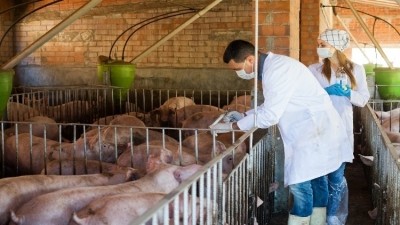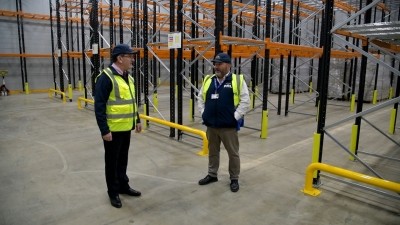Legal opinion
Brexit and UK immigration and employment law

As a major employer of EU nationals, the food and drink manufacturing industry will face significant challenges when free movement ends on 31 December 2020 and the new skills-based immigration comes into effect.
There will be no route for manufacturers to recruit factory workers on low pay from outside of the settled workforce – which could leave employers who rely heavily on EU staff to operate production lines facing a shortage of labour. The government has been clear that employers will need to adjust – advocating investment in technology and automation instead.
Businesses will have the ability to recruit from outside of the settled workforce if they become a registered sponsor, but they will only be able to recruit for roles which are skilled to a certain level and meet minimum salary requirements.
Managerial roles, food technologists, butchers
Eligible roles will include managerial roles, food technologists and butchers. However, packers, processors and production operatives will not meet the required skill level.
There are also significant costs involved in sponsoring employees and complex rules – further details can be found in this webinar recording.
EU nationals arriving in the UK before 31 December 2020 will still be eligible to apply for pre-settled status under the settlement scheme and there is a reciprocal arrangement for UK nationals who are in the EU. Businesses who wish to employ staff in the EU from 1 January 2021 will then be subject to the immigration requirements and laws of the particular country in which they operate.
Current legislation retained
The Government has not yet made any announcements regarding proposed changes to employment laws and therefore current employment legislation (much of which we derive from the EU) looks likely to be retained, at least for now.
The UK will have the ability to make its own laws going forward and could therefore decide not to align itself with EU regulations. However, the message to date has been that there is no plan to lessen workers' rights.
In light of the forthcoming changes, key steps to prepare your business for Brexit should involve:
- auditing your workforce to identify potential skills gaps or labour shortages;
- applying for a sponsor licence (and, if you already have one, becoming familiar with the new rules);
- investing in apprenticeships and training;
- considering ways to incentivise and retain existing employees;
- and investing in technology and automating processes.
Charlotte Smith is employment lawyer at Walker Morris LLP
















